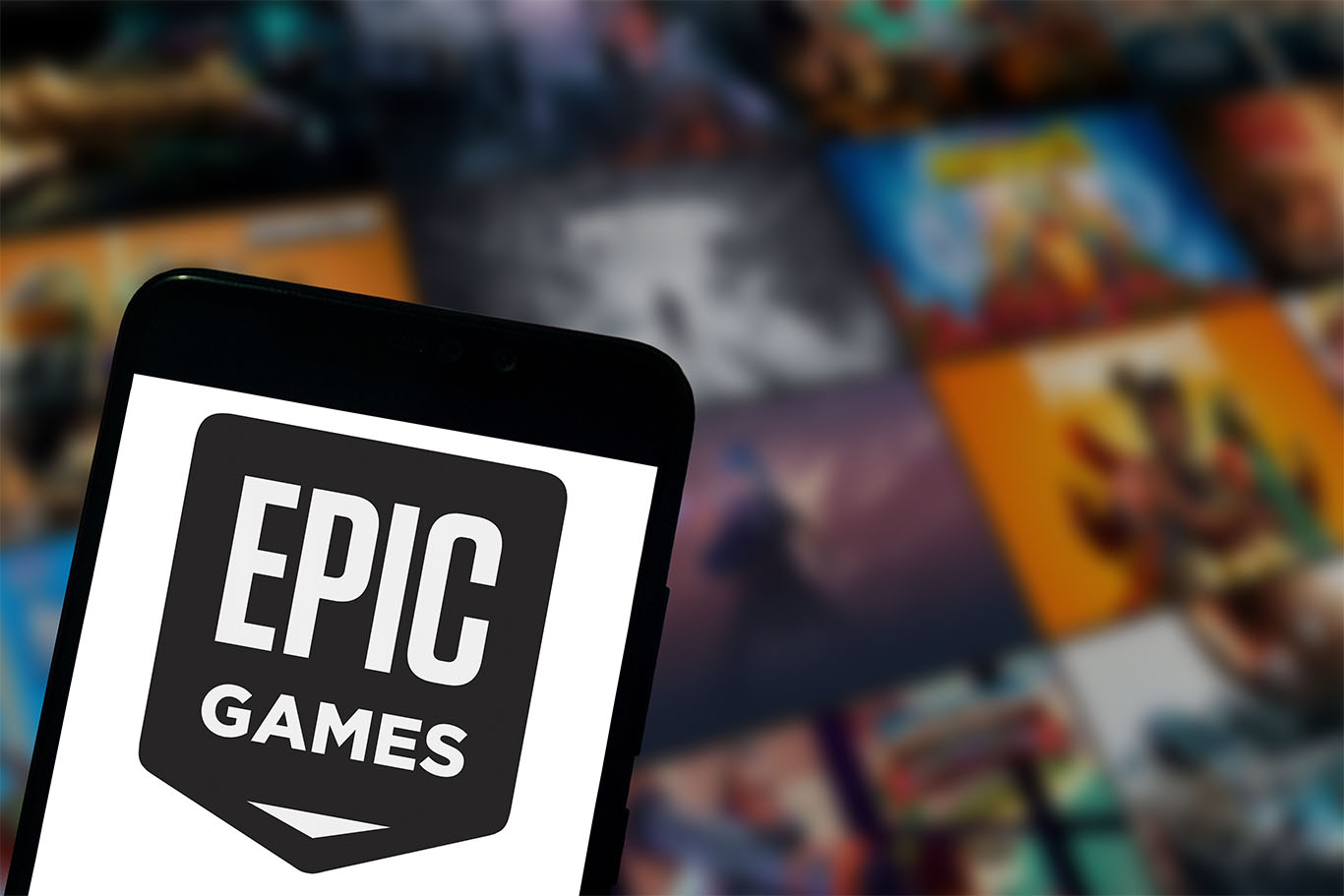
Unpacking Epic Games’ Landmark Victory
The Antitrust Lawsuit
In a groundbreaking legal decision, Epic Games has emerged victorious in its antitrust lawsuit against Google. This high-profile case centers on allegations that Google abused its market dominance in the app store domain, stifling competition and engaging in monopolistic practices. At the heart of this dispute is Fortnite, Epic Games’ flagship game, which was removed from the Google Play Store amidst this legal tussle. This case not only highlights the ongoing tensions between app developers and the giants controlling app marketplaces but also sets a precedent in the realm of digital market regulation.
Key Allegations and Legal Arguments
Epic Games’ primary accusation against Google revolves around the tech giant’s alleged monopolistic control over Android app distribution and in-app purchases. According to Epic, Google’s policies force developers to use its payment system, thereby imposing a 30% commission on in-app purchases, which Epic argues is exorbitantly high and anti-competitive. Google, on the other hand, defends its practices by citing the need to maintain a secure and reliable ecosystem for both developers and users. The company argues that its commission is in line with industry standards and necessary to continue providing a robust platform for app distribution.
Implications of the Jury’s Verdict
The jury’s decision in favor of Epic Games marks a significant blow to Google’s current business model. This verdict challenges the status quo of how app marketplaces operate, potentially leading to more freedom for app developers in choosing payment systems. This could also lead to increased competition and innovation within the market, as other developers may now feel emboldened to challenge similar practices by other tech giants. However, Google’s intention to appeal the decision indicates that the final resolution may still be far off, leaving the market in a state of uncertainty.
Comparison with Epic Games’ Case Against Apple
Epic Games has similarly sued Apple on almost identical grounds, alleging monopolistic practices in its App Store. However, the outcome of the lawsuit against Apple was more nuanced, with the court handing down a mixed verdict. While Apple was not found to be in violation of antitrust laws, it was required to allow developers to inform users about alternative payment methods outside the App Store. This contrast in outcomes with Google’s case highlights the complex and varied nature of antitrust litigation in the tech sector and the different approaches taken by these tech giants in managing their app stores.
Future of the Digital Marketplace and Monopolistic Practices
The ramifications of this verdict extend beyond Epic Games and Google, potentially heralding a new era of digital marketplace operations. It brings into focus the ongoing debate about the balance between fostering a secure, controlled environment and ensuring fair competition in the tech industry. Regulators and policymakers might use this case as a reference point for future legislation aimed at curbing monopolistic practices in digital markets. As the dust settles, the industry may witness a shift towards more transparent and competitive practices, benefiting both developers and consumers.
Impact on App Developers and Consumers
The verdict of the Google antitrust lawsuit holds significant implications for app developers and consumers alike. For developers, this could mean a more level playing field where they have the autonomy to choose payment systems, potentially leading to lower fees and increased profitability. For consumers, this might result in a broader selection of apps and potentially lower prices, as developers pass on the savings from reduced commission fees. This shift could encourage innovation and diversity in the app marketplace, fostering a more vibrant ecosystem.
Global Perspective on Digital Market Regulation
The Epic Games settlement with Google is not just a local affair; it has a global resonance. It highlights the increasing scrutiny tech giants are facing worldwide for their market practices. Regions like the European Union and Asia have been more proactive in regulating tech companies, and this U.S. verdict could inspire similar actions globally. This could lead to a more harmonized approach to digital market regulation, promoting fair competition on a global scale.
Challenges and Opportunities Ahead
Despite the victory, Epic Games and other app developers face ongoing challenges. Navigating a market still dominated by a few tech giants requires strategic adaptations and innovative approaches. However, this also opens up opportunities for smaller players to make their mark in an evolving landscape. The industry might witness a surge in creative business models and partnerships, as companies adapt to the changing rules of the game.
The Epic Games vs. Google lawsuit marks a significant milestone in the ongoing discourse about market fairness in the digital age. While the full implications of this verdict are yet to unfold, it undeniably sets the stage for a new chapter in digital market regulation. As we move forward, the tech industry, regulators, and consumers will play pivotal roles in shaping a more equitable digital marketplace.